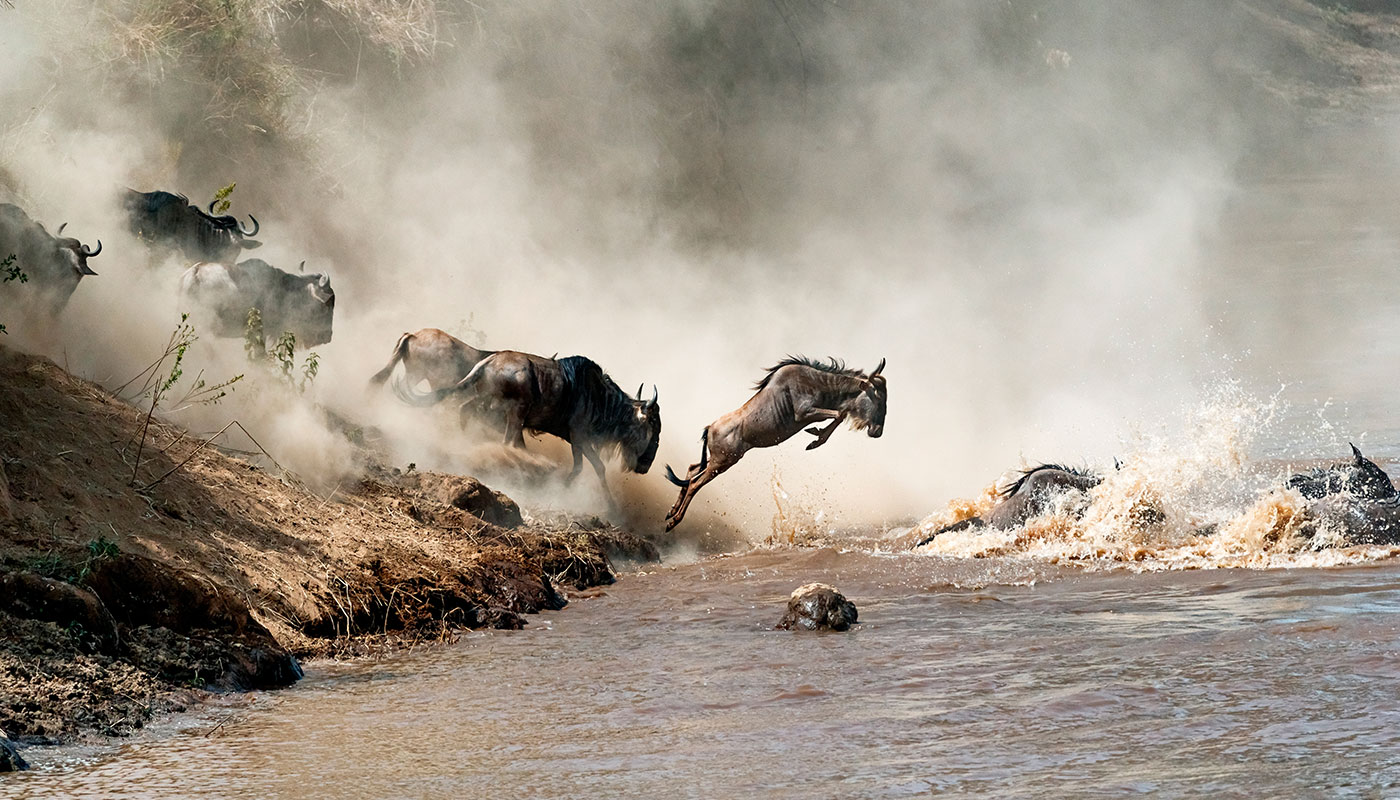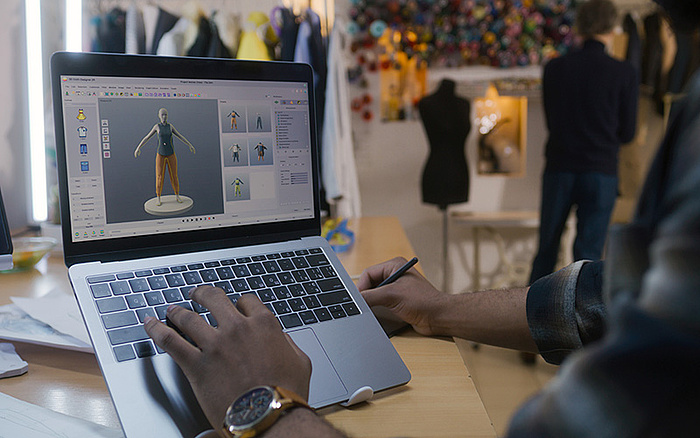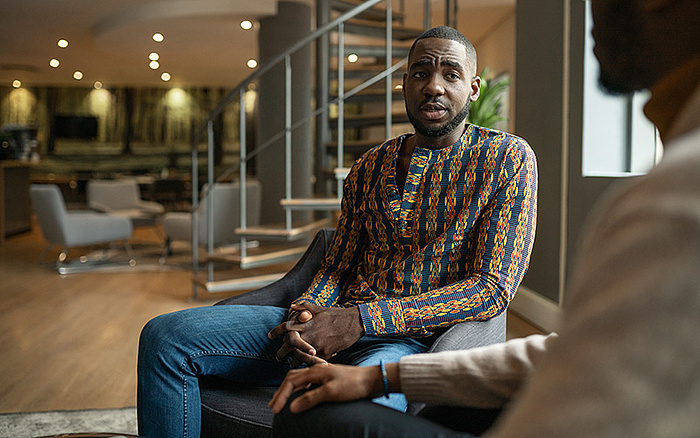
Intellectual Property protection in Sub-Saharan Africa: progress and challenges
Sub-Saharan Africa has faced numerous economic challenges, including political instability, corruption, inadequate infrastructure and limited access to funding. However, there have been significant improvements in recent years, and the economic outlook is generally positive. Many nations in the region have experienced steady growth over the past two decades, with some of them being among the fastest-growing economies globally.
In many countries, there is a burgeoning middle class, rapid urbanization and a youthful population, creating significant opportunities for businesses, especially those selling consumer goods, to tap into expanding markets.
The status of Intellectual Property protection systems and their effectiveness in Africa
Against this background, many clients ask about the status of IP protection systems and their effectiveness from a registration and enforcement perspective. This differs by jurisdiction. A major error of judgment is to assume that there are overarching similarities across the region. Many local systems are weak compared to more developed IP regimes, but processing times and digitalizing efforts vary significantly between countries. From a commercial point of view, many African nations have legal frameworks and institutions that cannot effectively enforce Intellectual Property (IP) laws. This has created an environment conducive to counterfeiting and piracy, producing negative effects on innovation, investment and public health. Still, because it is a broadening consumer market, the region cannot be ignored. Let us examine some key jurisdictions.
South Africa
The status of IP protection systems in South Africa has greatly improved of late. Additionally, the country is a member of the World Intellectual Property Organization (WIPO) and the main IP laws, namely, the Trade Marks Act, Copyright Act and Patents Act, are in line with international standards and treaties. The Counterfeit Goods Act is a highly specialized piece of legislation that implements effective civil and criminal processes to combat fake goods.
The Companies and Intellectual Property Commission (CIPC), responsible for the registration of IP rights, has streamlined and automated parts of the process, making it easier and more efficient for businesses to protect their IP. Despite these advancements earlier in the new century, current challenges include the coordination of files, longer processing times for some transactions following COVID-19 and the rollout of digitalization, which does not extend to all transactions yet. For example, trademark renewals are automated but not yet recordals. The patent renewal process is mainly automated, although the system still experiences operational and data accuracy issues.
Nigeria
The status of IP protection systems in Nigeria is improving. The country has recently made efforts to strengthen its IP laws, such as by enacting the Nigerian Copyright Act in 2019, which provides protection for art, literature and other creative works.

Despite recent efforts to strengthen IP laws in Nigeria, piracy and counterfeiting continue to pose a threat. Although the Nigerian government has signed international agreements to combat these issues, more work is needed to protect inventions and creative works from infringement.
However, piracy and counterfeiting remain significant problems in Nigeria, particularly in the areas of music and movies. The Nigerian government has implemented various measures to combat piracy, including establishing an online portal for registering copyrights and signing agreements with international organizations to bolster enforcement. These efforts have not yet had the opportunity to prove their effectiveness, although they are recent.
OAPI
The Organisation Africaine de la Propriété Intellectuelle (OAPI) is an intergovernmental body of 17 French-speaking African countries operating a unified system for the protection of IP rights, including patents, trademarks and designs.
This system has seen some significant advancements in recent years, such as when an online filing system for the registration of IP rights was introduced in 2020 to make the process more economical and accessible. That being the case, there is still room for improvement, particularly with regard to information availability. For instance, a welcome change would be an open IP register instead of one that requires an official search to obtain simple data.
ARIPO
The African Regional Intellectual Property Organization (ARIPO) is an intergovernmental body that includes 19 English-speaking African countries.
It still faces challenges: For patent protection, the ARIPO system is efficient and viable, but because a separate treaty deals with the trademark aspects, many member states, unfortunately, do not have any implementing legislation. In many instances, filing national applications is a better option for brand owners. This has been the case in the ARIPO for some decades.

By taking a proactive and strategic approach to IP, businesses can successfully negotiate the challenges of operating in Sub-Saharan Africa and position themselves for long-term success within this diverse and rapidly evolving region.
Morocco
Morocco is an example of an African country that has improved its IP system recently. In 2020, the country updated its laws to align with international standards and established a specialized court to handle IP disputes. Morocco has also signed international trade agreements such as the United States-Morocco Free Trade Agreement to reinforce IP protection and enforcement.
Tips to protect patents and trademarks in Africa
What should IP counsels do to navigate the complicated IP framework in Africa? We suggest they:
- Conduct thorough research before entering a new market to understand the legal context and the effectiveness of the IP protection system.
- Register key patents and trademarks to prevent others from using them without permission. In this respect, less is sometimes more: quality over quantity, ensuring an affordable, solid portfolio.
- Work with reputable lawyers who understand the local legal system and have experience in IP protection. Northern Africa often is managed by counsels in the Middle East, whereas South African counsels handle Sub-Saharan Africa. Of course, there are many reputable and evolving IP law firms in other countries.
- Monitor the market and watch out for counterfeit products or trademark infringements.
- Be cautious when licensing IP to local partners. They can help navigate the local market and enforce rights effectively but can also become infringers or rogue licensees. Contractual clauses can be designed to minimize this risk.
In conclusion, while Sub-Saharan Africa's economic outlook is generally positive, comparatively weak IP protection structures remain a significant hindrance to commercial development. Businesses that operate in the region must take proactive steps to protect their IP rights and thus encourage innovation and investment.
Filed in

知的財産法とは何かを基礎から解説。特許権・意匠権・商標権・著作権・実用新案権など知的財産権の種類と具体例、侵害リスク、国際取引での注意点、取得手順や更新方法まで網羅。企業の知財戦略やコンプライアンスに役立つ実務入門ガイドです。



